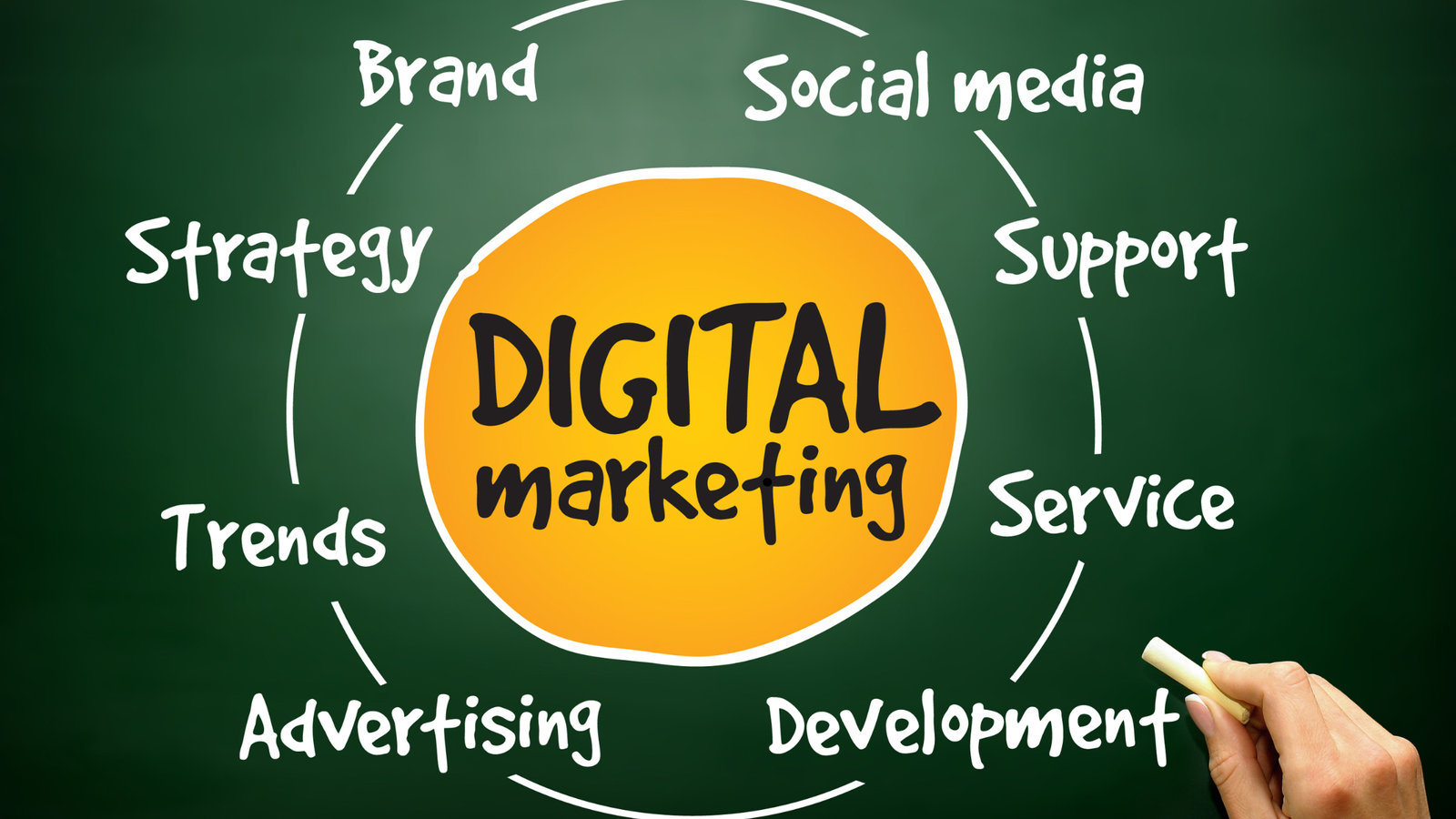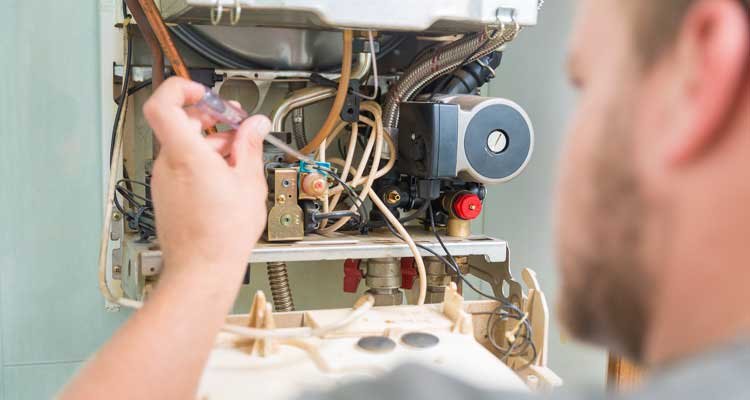Building a strong AI team has become crucial for business success in 2025. As more companies learn how to hire AI engineers and other AI professionals, the competition for talent grows fiercer. This guide shares practical insights from successful companies about finding and keeping top AI talent.
Start with Clear Goals
Before starting your hiring process, define what you want your AI team to achieve. “Many companies rush to hire AI professionals without a clear vision,” says Sarah Chen, AI Director at TechFusion. “Know your goals first, then build your team around them.”
Consider your company’s specific needs, timeline, and budget. This helps determine the size and structure of your AI team. Some projects need a large team, while others work better with a small, focused group.
Define Essential Roles
Different AI projects need different types of experts. Technical roles might include machine learning engineers, data scientists, and AI researchers. Support roles include project managers, data analysts, and domain experts.
Michael Park, Talent Director at AI Solutions Inc., notes: “A balanced team brings different viewpoints and skills. Don’t just focus on technical expertise. Look for people who complement each other’s strengths.”
Assess Technical Skills
When evaluating candidates, look beyond basic qualifications. Strong AI professionals need deep knowledge in areas like:
- Machine learning algorithms
- Programming languages
- Data structures
- System design
- Cloud platforms
Lisa Wong, Technical Lead at DataTech, shares: “We test practical skills through real-world problems. Theory matters, but we need people who can solve actual business challenges.”
Value Practical Experience
Past project experience often proves more valuable than academic credentials alone. Look for candidates who have worked on similar problems or in related industries. They bring valuable insights about what works in practice.
“Experience with real AI projects teaches lessons you can’t learn from books,” explains Tom Rodriguez, AI Team Lead at InnovateTech. “Look for people who have faced and solved real challenges.”
Consider Soft Skills
Technical skills matter, but soft skills often determine success. Good AI team members need to:
- Communicate clearly with non-technical staff
- Work well in teams
- Adapt to changing requirements
- Solve problems creatively
- Learn continuously
These skills become especially important as teams grow and projects become more complex.
Create a Strong Interview Process
Design interviews that test both technical and soft skills. Include practical exercises, team discussions, and problem-solving sessions. This helps assess how candidates perform in real work situations.
Rachel Kim, HR Director at AI Corp., advises: “Our best hires shine during collaborative exercises. We watch how they work with others and handle challenges.”
Focus on Culture Fit
Team culture affects productivity and innovation. Look for people who share your company’s values and work style. This doesn’t mean hiring identical personalities, but finding people who work well together.
“Cultural fit doesn’t mean cultural sameness,” notes David Martinez, Team Builder at FutureAI. “Diverse perspectives make teams stronger. Look for people who add new viewpoints while working well with others.”
Offer Competitive Packages
Top AI talent expects competitive compensation. Research market rates and create attractive packages that include:
- Competitive salaries
- Learning opportunities
- Work flexibility
- Growth potential
- Interesting projects
Remember that benefits and work environment often matter as much as salary.
Support Professional Growth
AI technology changes quickly. Support your team’s professional development through:
- Training programs
- Conference attendance
- Research time
- Skill development
- Project variety
This investment helps retain talent and keeps your team current with new developments.
Build Strong Leadership
Good leadership helps teams succeed. AI team leaders need both technical knowledge and management skills. They should understand AI technology while supporting team growth and development.
Mark Thompson, AI Director at TechLeaders, shares: “Great leaders help teams grow. They create environments where people can do their best work.”
Plan for Integration
New AI team members need time to integrate. Create onboarding processes that help them understand your:
- Company culture
- Project goals
- Technical systems
- Team dynamics
- Work processes
Good integration helps new hires become productive quickly.
Maintain Team Balance
As your team grows, maintain a balance of skills and experience levels. Mix senior and junior members, specialists and generalists. This creates opportunities for mentoring and knowledge sharing.
“Balanced teams learn from each other,” explains James Wilson, Team Lead at AI Stack. “Senior members mentor juniors, while new members bring fresh perspectives.”
Measure Success
Track team performance through meaningful metrics. Look at:
- Project completion
- Code quality
- Innovation rates
- Team satisfaction
- Business impact
Use these insights to improve your hiring and management practices.
Conclusion
Building a strong AI team takes time and effort. Success comes from finding the right mix of technical skills, practical experience, and personal qualities. Focus on creating an environment where talented people can do their best work.
Remember that team building is an ongoing process. Keep adapting your approach as technology and business needs change. With the right strategy and commitment, you can build an AI team that drives your company’s success.
















Leave a Reply